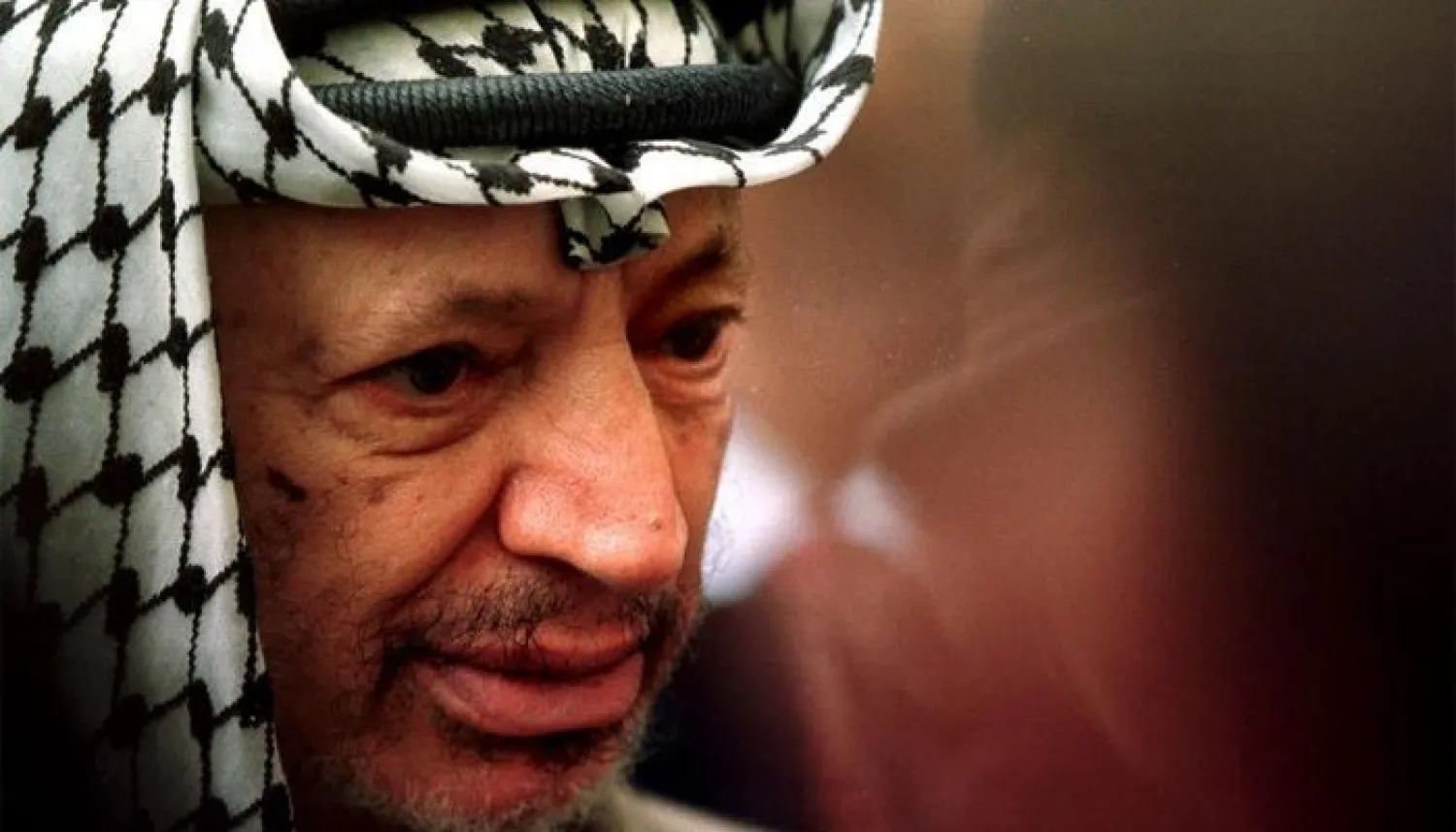Investigative reporter Ronen Bergman revealed a new story about one of the Israeli attempts to assassinate Palestinian president Yasser Arafat, during the war of Lebanon in 1982. The plan was to shoot down an aircraft confirmed to have been carrying Arafat. Yet, it was called off at the last minute when the one on the flight turned out to be Arafat’s brother Fathi Arafat.
This was mentioned in a new book to be published by Bergman end of this month under the title “Rise and Kill First.”
The book consists of several stories about Israeli intelligence activities against Palestinians and Arabs. It focuses on assassination operations, among them the murder plot of chairman of the Palestine Liberation Organization Yasser Arafat in 1982.
Israeli Defense Minister Ariel Sharon and Lt. Gen. Rafael Eitan, the Israel Defense Forces’ chief of staff, set the plan when Menachem Begin was prime minister, according to the book.
Air force chief David Ivry had doubts back then regarding the operation over fears it would be considered a war crime, but Sharon and Eitan insisted on their demand and pledged to endure its consequences and any resulting legal responsibility.
On Oct. 22, 1982, the Mossad received information from two PLO sources that Arafat was to fly the next day on a private cargo plane from Athens to Cairo. Two Mossad agents were sent to Athens airport to identify Arafat and confirm he boarded the flight.
The F-15 jets took off, but the Air Force commander continued having doubts -- the Mossad insisted Arafat was on the plane. While the F-15s were making their way to intercept the cargo plane, Ivry took additional measures to ascertain that Yasser Arafat was indeed on the plane, fearing of killing the wrong man. He turned to the Military Intelligence Directorate (MID) and to the Mossad and asked for a visual identification of the target.
Twenty-five minutes after the Israeli jets took off, the Air Force commander received an urgent phone call noting that the PLO leader was not in Greece. Ivry told the pilots: “We're waiting for more information. Keep eyes on the target and wait.”
About half an hour later, Mossad and MID sources reported that the man on the plane was Yasser Arafat's younger brother Fathi, a pediatrician and the founder of the Palestinian Red Crescent Society, who was escorting 30 wounded Palestinian children - survivors of the Sabra and Shatila massacre during the war on Lebanon - to receive treatment in Egypt.









